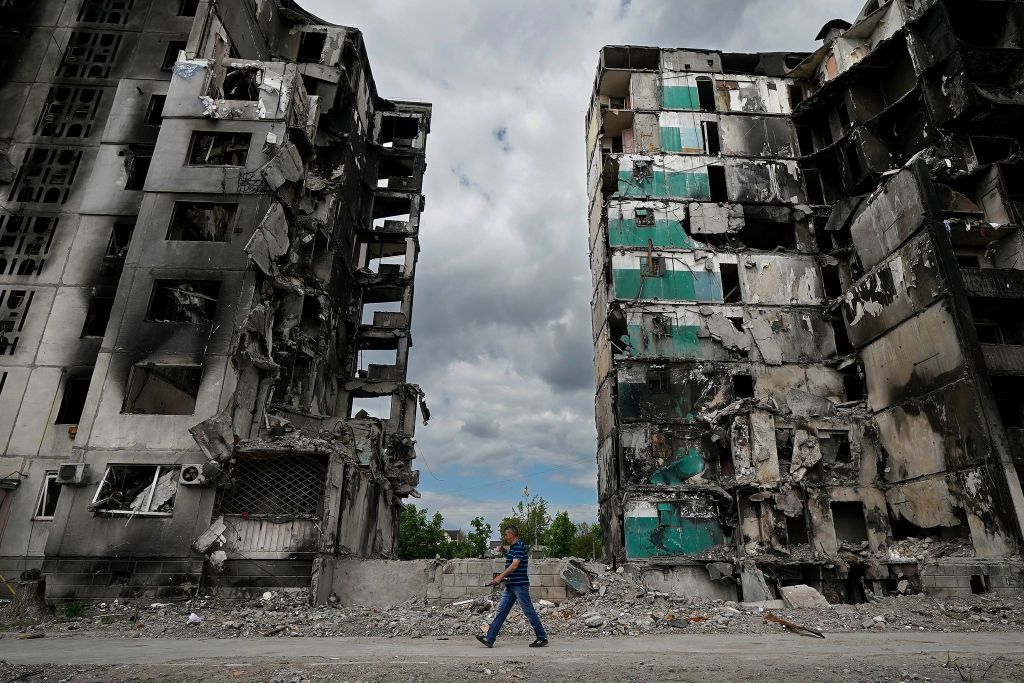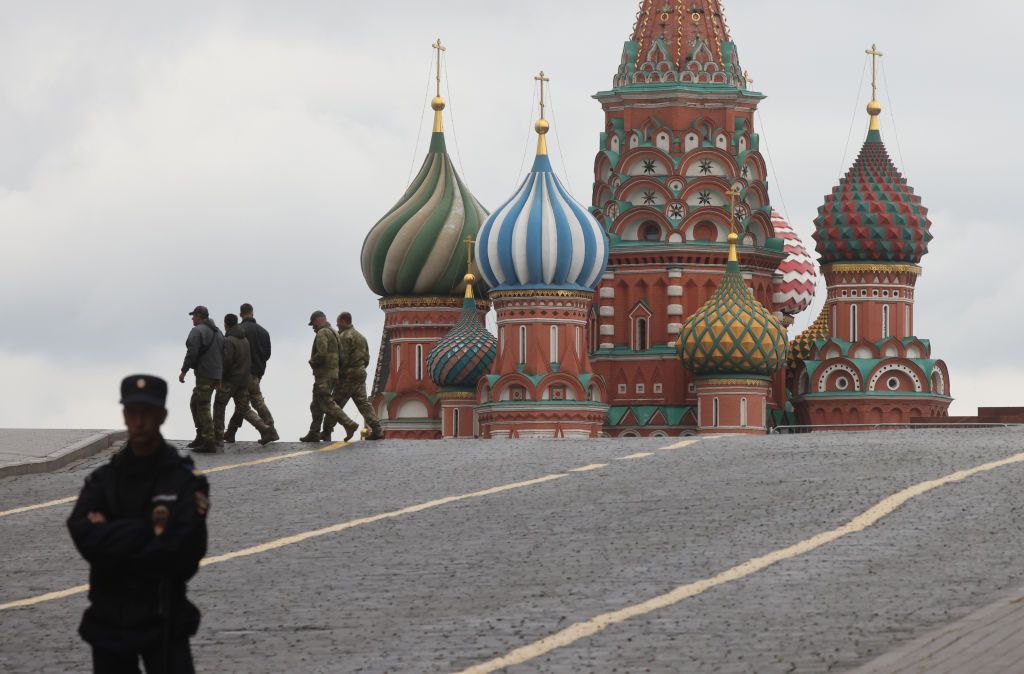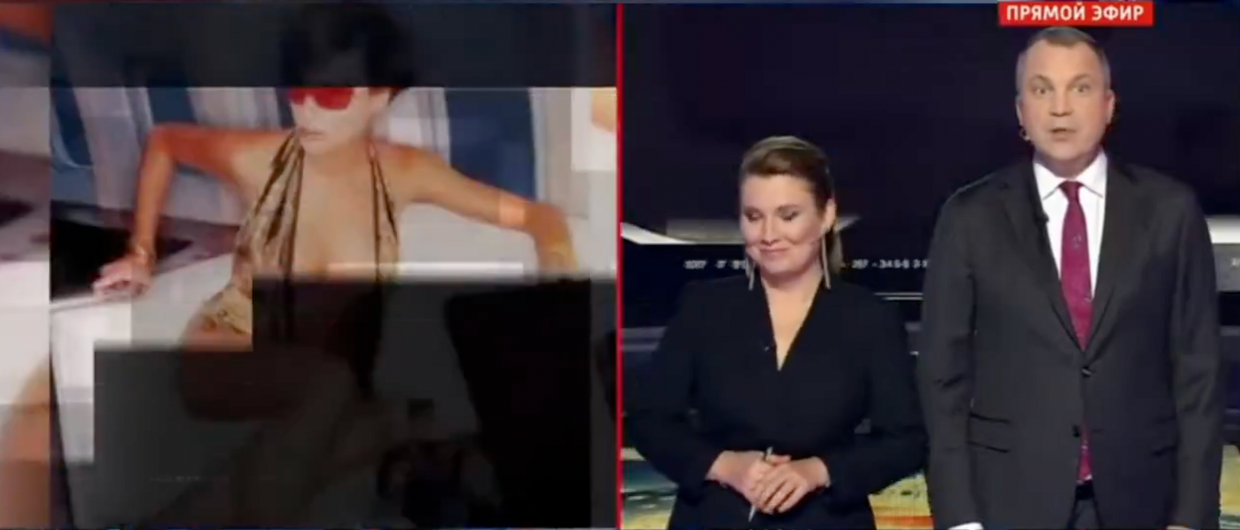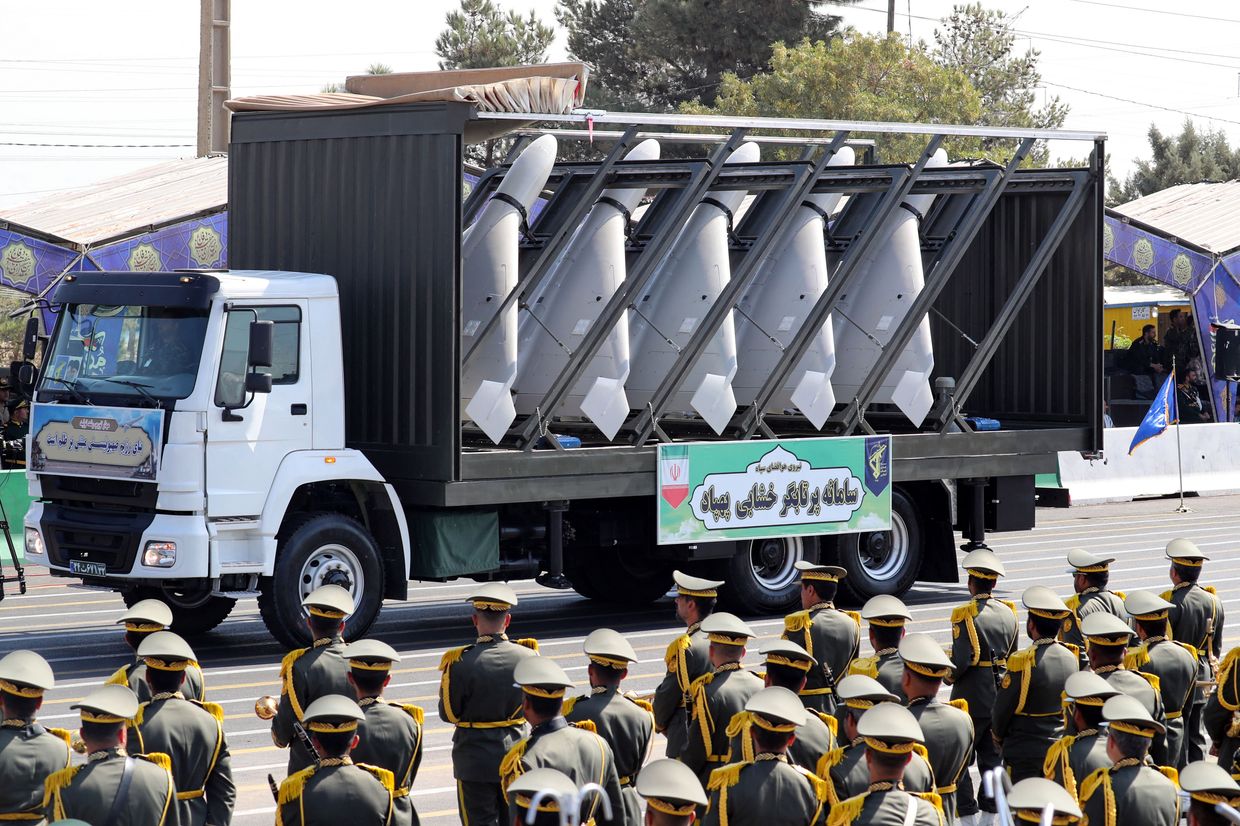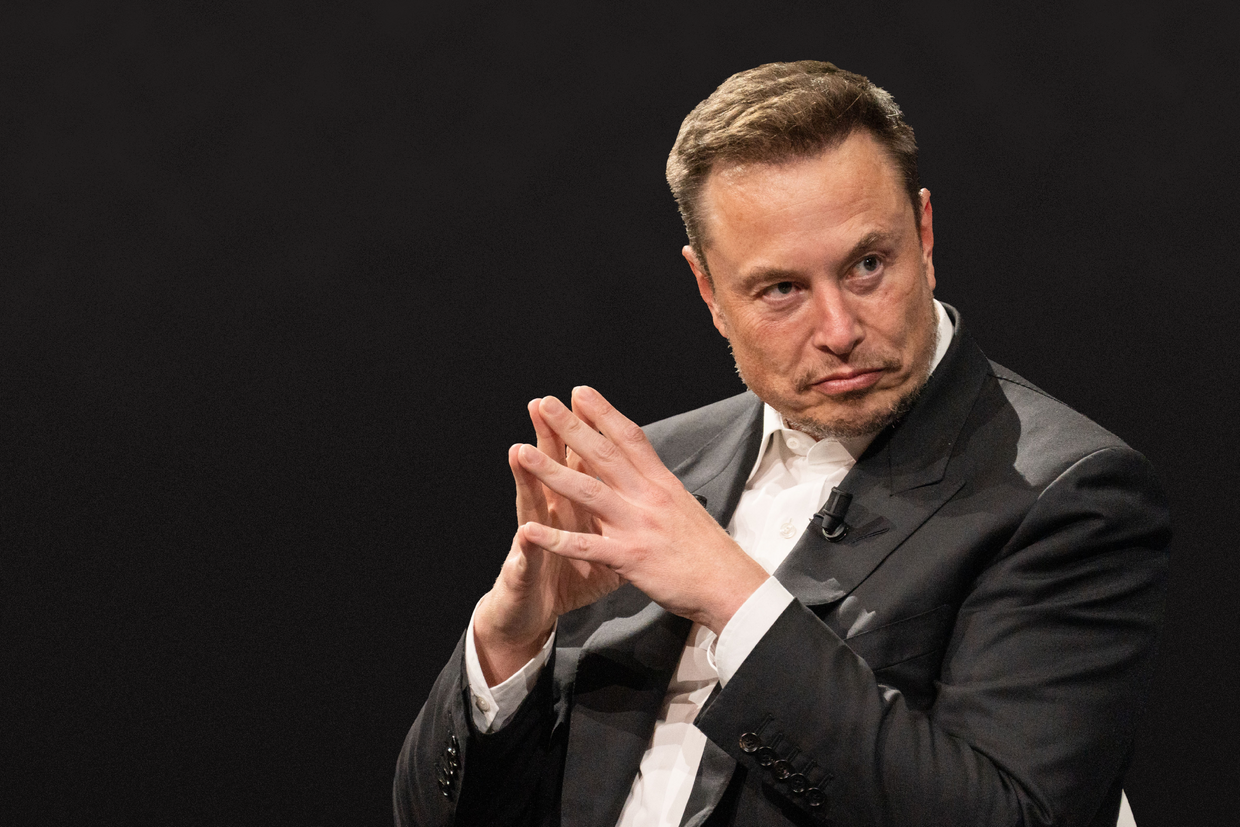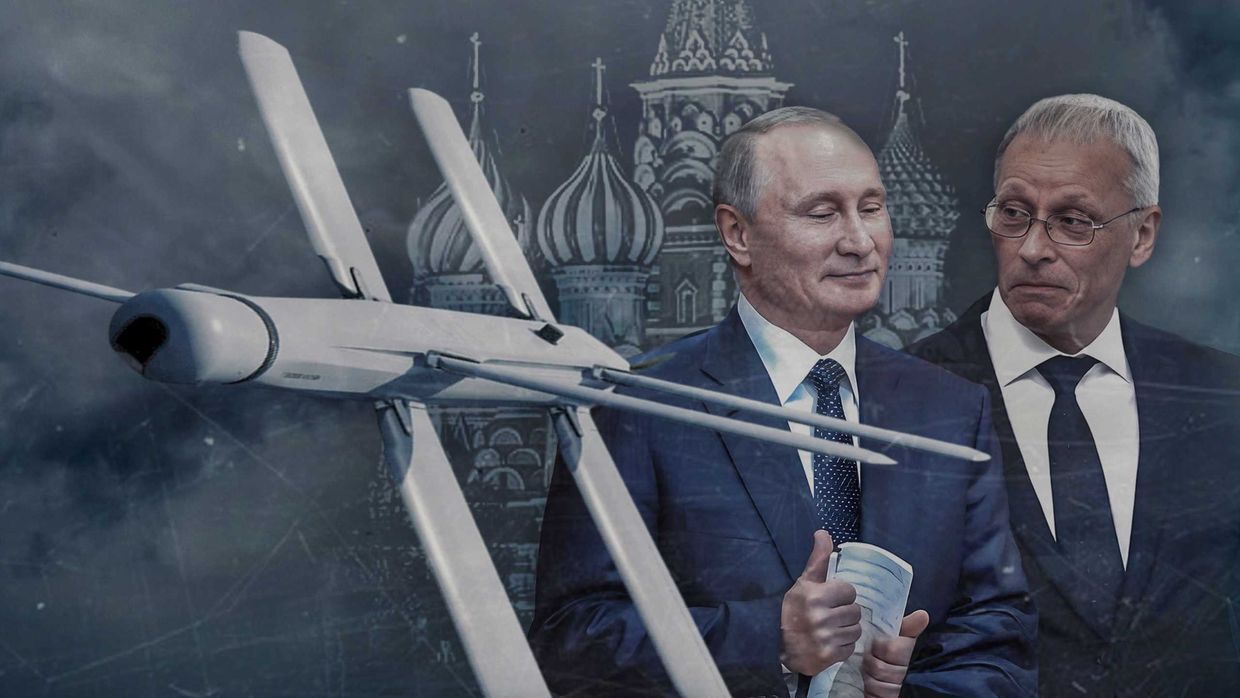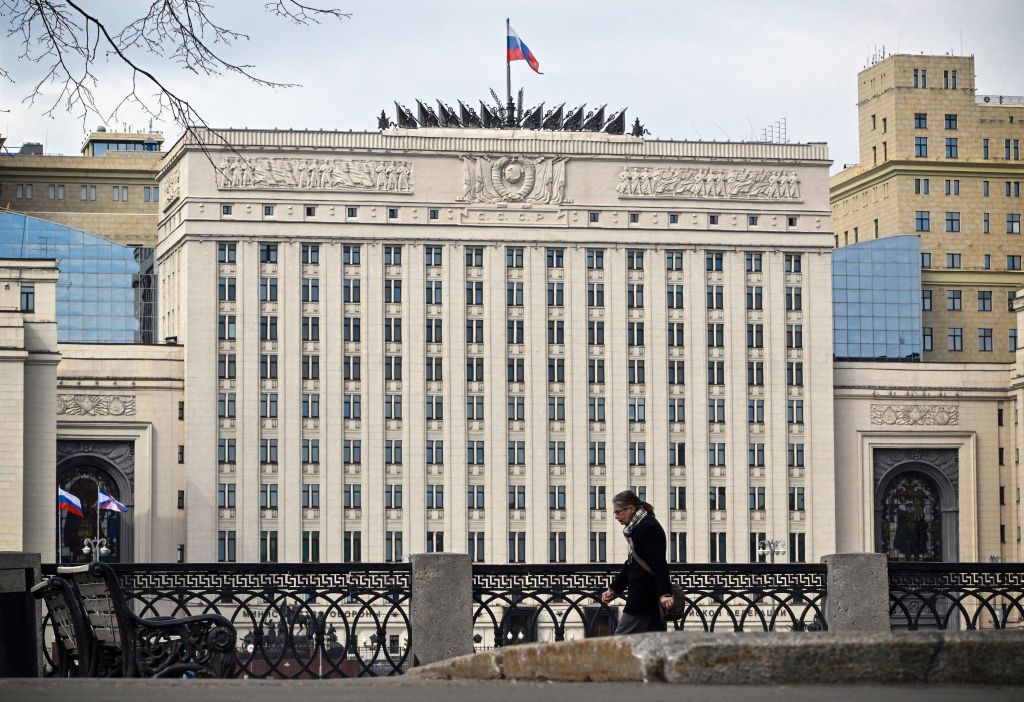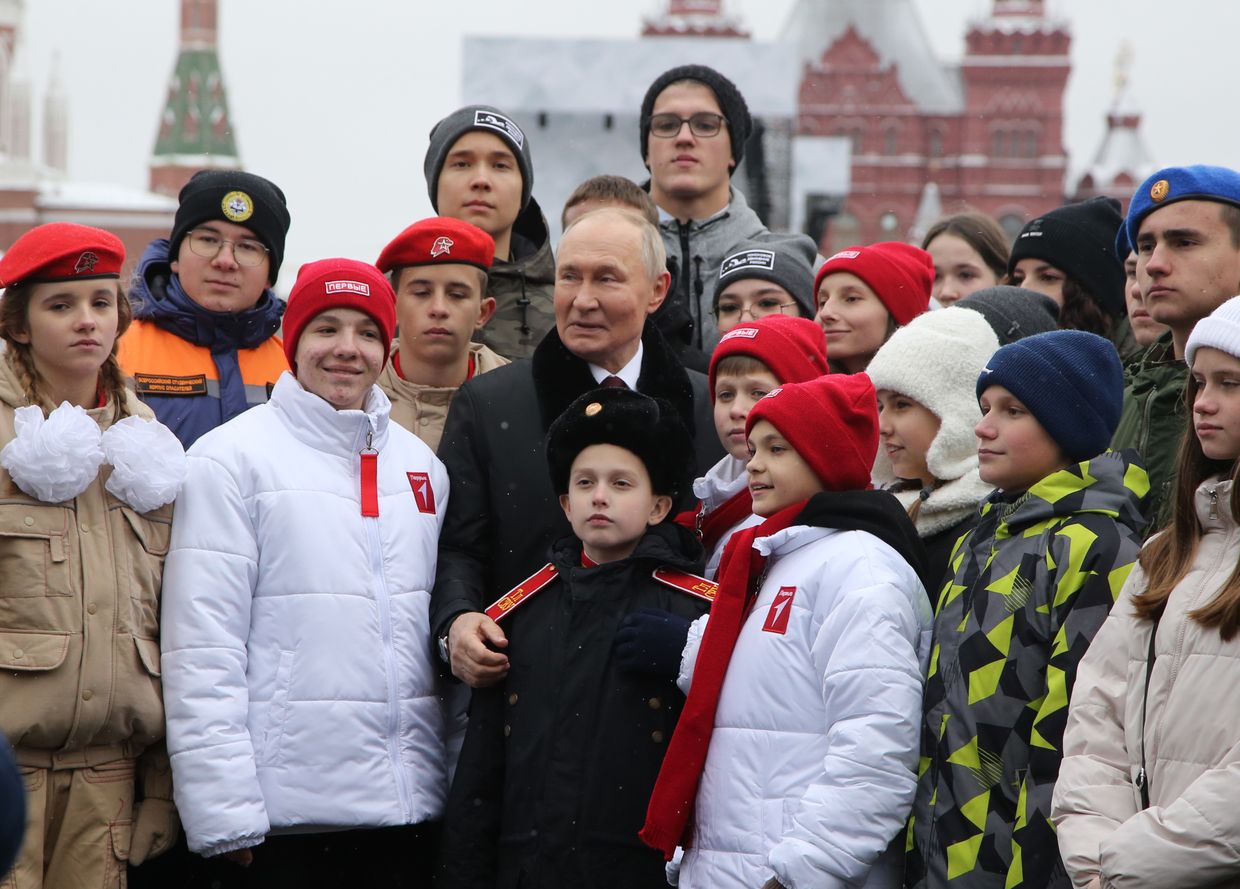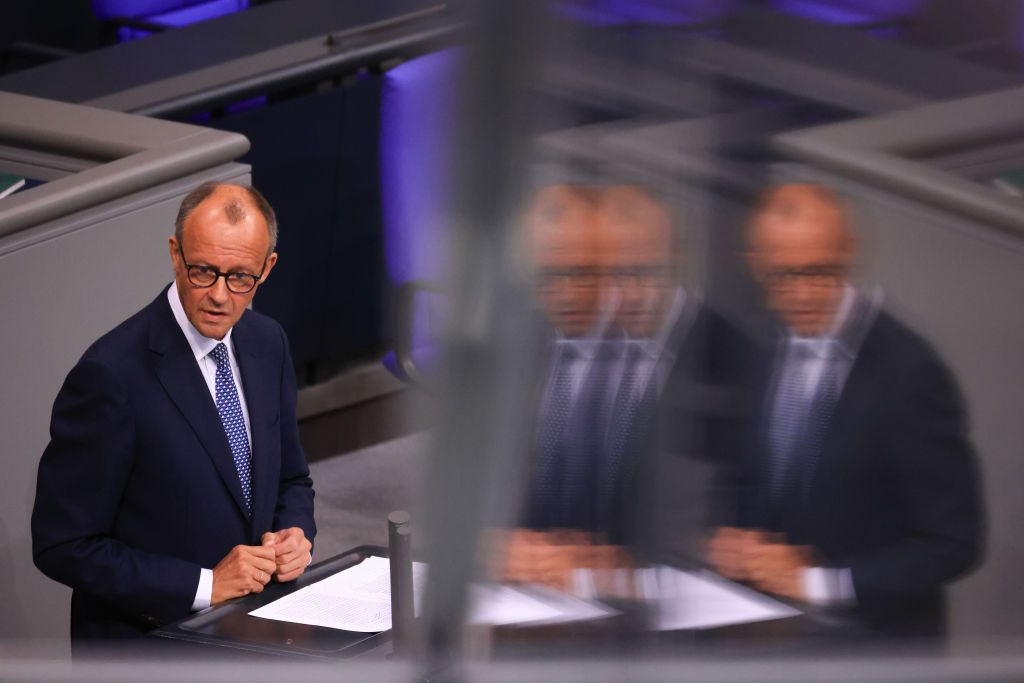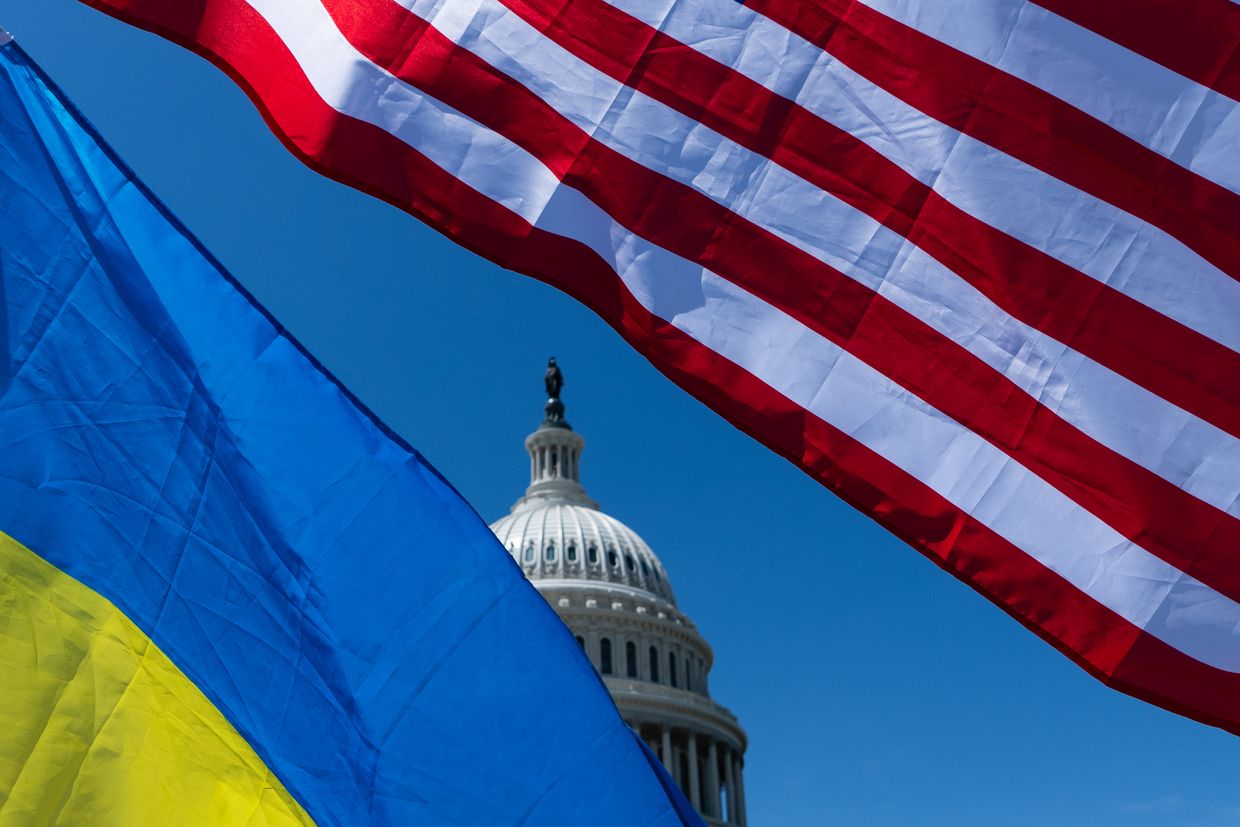Some Russian billionaires have given up trying to keep their money in the West and are now resigned to bringing it back to Russia where it faces the ever-present risk of being seized by the Kremlin, Bloomberg reported on May 8.
Increasingly cut off from Western banking and financial services, Russia's wealthiest individuals are facing a dilemma when it comes to handing their fortunes to the next generation, according to Bloomberg. Most of the billionaires who were sanctioned have opted to move assets home, the news agency reported.
"The fate of this vast wealth has major implications for Russia as it remains largely cut off from much of the rest of the world," Bloomberg reported, adding that the 26 Russians on the Bloomberg Billionaires Index have about $350 billion combined.
"Their average age is 63, meaning how and where they choose to pass down their fortunes in the coming decades will reverberate in the economy and across business sectors."
Two such billionaires told Bloomberg anonymously that they could now only do business in Russia and were simply choosing not to think about potential asset confiscations.
Another sanctioned tycoon who moved assets back home said he hasn’t figured out how to handle his succession yet but that he and his family have resorted to building a new life in Russia.
The threat of asset seizure is very real – a U.K. Defense Ministry report last month said the Kremlin had taken control of around 180 companies worth about US$11.5 billion since the start of the full-scale invasion of Ukraine.
"Foreign-owned companies have almost certainly been prioritized, including companies owned by Russians who live abroad," the report said.
"The Russian state has been redistributing assets to Kremlin-aligned businesspeople who support the war in Ukraine," it added.
In the latest move from the West on frozen Russian assets abroad, EU ambassadors agreed in principle on a measure for using profits from them to support Ukraine's recovery and military needs, the Belgian Presidency of the EU said on May 8.
Ukraine's Western partners and other allies froze around $300 billion in Russian assets at the start of the full-scale invasion in 2022. Roughly two-thirds are held in the Belgium-based financial services company Euroclear.
"I welcome today's political agreement on our proposal to use the proceeds from immobilized Russian assets for Ukraine," European Commission President Ursula von der Leyen said on X.
"There could be no stronger symbol and no greater use for that money than to make Ukraine and all of Europe a safer place to live."
While the U.S. proposed seizing Russian assets outright in accordance with their recently passed REPO act, the EU has been more hesitant, fearing legal and fiscal pitfalls of confiscation.
